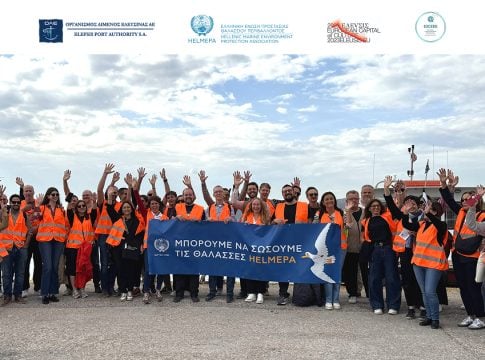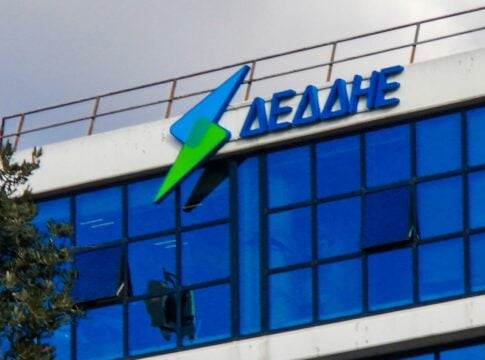Abolition of imputed income taxation, reinstatement of the tax-free threshold for entrepreneurs, and a stable, fair tax framework are among the proposals of the Hellenic Confederation of Commerce and Entrepreneurship (ESEE).
ESEE, as the institutional representative of the country’s commercial enterprises, has submitted to the Prime Minister Kyriakos Mitsotakis and the political parties a comprehensive and, for the first time, fully costed Memorandum of Positions and Proposals ahead of the Thessaloniki International Fair (TIF).
This Memorandum incorporates the Confederation’s innovative yet realistic approach to supporting the development outlook of the commerce sector and to strengthening the competitiveness of small and medium-sized enterprises as a whole.
Upon the submission of the Memorandum, the President of ESEE, Stavros Kafounis, made the following statement:
“The country’s commercial sector, the sector that supports employment and the local economy more than any other, is entering this year’s Thessaloniki International Fair with well-structured and evidence-documented positions. ESEE’s Memorandum is not based on theoretical ‘money trees,’ but on fully costed proposals with a clear developmental focus, which, on the one hand, eliminate outdated and unfair burdens, and on the other hand enhance the medium- to long-term competitiveness of businesses and employment. Measures with negative financial impact will be fully compensated by higher output and the generation of new employment. Zero-cost measures are equally critical as they contribute to establish a business-friendly environment and attract investment. The commercial community of the country sets high standards and expects that, if the Prime Minister’s announcements are truly aiming at supporting the middle class, then they will clearly recognize and incorporate the role of Commerce in Greece’s future development strategy.”
Key proposals of ESEE’s Memorandum, by thematic area:
- Taxation – Public Finances: Abolition of imputed income taxation, reinstatement of the tax-free threshold for entrepreneurs, and a stable, fair tax framework.
- Independent Authority for Public Revenue (AADE) – Bureaucracy: Reduction of administrative burdens, faster VAT refunds, and immediate settlement of state arrears to the private sector.
- Inflation – Cost of Living: Stricter market inspections and indexation of tax scale (rates) to protect household purchasing power.
- Trade & Tourism Linkages: Institutional recognition of tourism-oriented retail enterprises and targeted initiatives to promote Shopping in Greece.
- Boosting Islands’ Economy: Reintroduction of reduced VAT rates, implementation of a genuine Transport Equivalent Scheme, and support for the digital and green transition of island economies.
- Out-of-Court Debt Settlement Framework: Realistic and applicable arrangements, faster implementation, and effective protection of businesses.
- Liquidity – Banking System: Strengthened SME lending, lower financing costs, stricter supervision of loan servicers, and the establishment of a non-confiscated business bank account.
- Growth – EU Structural Funds – Recovery and Resilience Fund (RRF): Targeted programs for trade, new financing instruments, and reinforced capacity of the Hellenic Development Bank.
- New Development Model for Trade: Six growth pillars focusing on regulatory simplification, digital transformation, green transition, and access to alternative sources of finance.
- Labor Issues: Adjustments to paid annual leave rules, fair implementation of the digital labor card, proportionate fines, and provision of genuinely functional and free software for businesses.
- Occupational Health & Safety: Revision of excessive requirements and coverage of compliance costs through national or EU programs.
- Institutional and Regulatory Framework: Strengthening social dialogue, restoring the role of social partners in setting the minimum wage, and substantial upgrading of the Labor Inspectorate.
- Social Security and Pension Issues: Reduction of employers’ contributions, a unified settlement scheme for social security debts, and elimination of outdated burdens on workers and pensioners.














